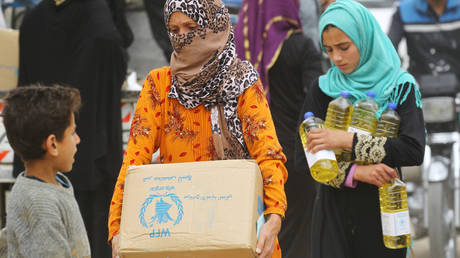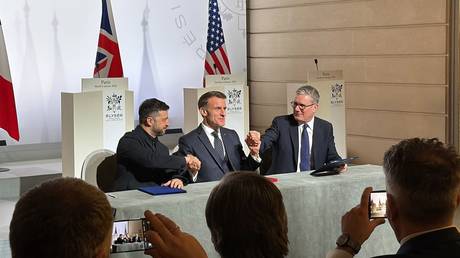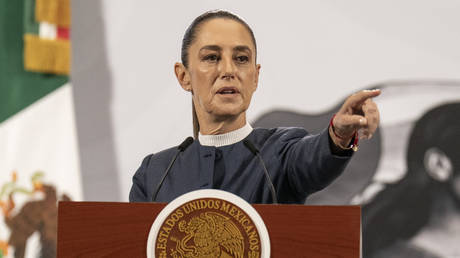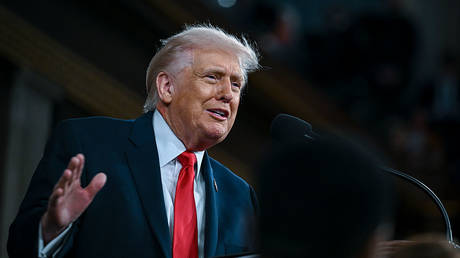
Unilateral sanctions kill, sicken and starve people in the nations that are targeted and make humanitarian work increasingly difficult and risky, a UN rapporteur has said, in a damning assessment.
The Covid-19 pandemic could have brought humanity together in cooperation to combat the deadly disease. Instead, 2020 has seen an expansion of the use of unilateral sanctions, which target entire nations and hurt their ability to respond to outbreaks on their territory while undermining global efforts to provide humanitarian assistance to them. The result is that people keep dying, not getting medical treatment for their diseases and are otherwise being denied their basic human rights.
The damning assessment comes from Alena Douhan, UN’s Special Rapporteur on the negative impact of the unilateral coercive measures on the enjoyment of human rights, who received her tenure in March. This week she released a set of guidelines on how to alleviate human suffering from sanctions.
While the better outcome would be to cancel or at least suspend unilateral sanctions at least until the global health crisis is over, Douhan sees this outcome as unrealistic. Her more modest suggestions include making impact assessments of all sanctions that countries seek to impose before they do so and having a general good-faith attitude to humanitarian organizations instead of obstructing their work.
Leading humanitarian groups she consulted named sanctions as “the main obstacle to the delivery of aid” today. A sanctions regime is “multi-layered, confusing, non-transparent and extensive” while humanitarian exemptions “remain ineffective, inefficient and inadequate.” With the threat of exterritorial secondary sanctions growing this year, there is a “growing overcompliance from the side of banks, donors and delivery companies.”
Meanwhile aid workers have to deal not only with daunting red tape, as well as out-of-control costs and waiting times when trying to deliver food, medicines and other crucial supplies to the needy. They also face personal threats of civil liability or even criminal prosecutions due to the sanctions.
The guidelines don’t mention any country by name, but when Douhan participated last month in a web seminar to describe her findings, she cited plenty of examples of how the United States deploys sanctions with devastating effect.
Washington kept an embargo of Cuba, preventing it from buying ventilators even as Havana sent thousands of doctors to help other nations deal with Covid-19. It pounded Venezuela, causing shortages of things like soap – which makes washing hands to curb the spread of Covid-19, as recommended by the World Health Organization, “impossible.”
Due to American pressure, Iran cannot buy insulin for its diabetics or get emergency loans from the World Bank or the International Monetary Fund. Iranian doctors reportedly can’t access data on public information databases like PubMed. Syria’s attempts at reconstruction are hampered by the so-called Caesar Act, which threatens anyone participating in it with secondary sanctions.
Over the year “the United States has broadened its use and threats of sanctions, in particular by considering new types of sanctions in connection with an effort to accuse China for the spread of the disease,” Douhan said at the time.
The UN official warned that it “is not possible to achieve any ‘common good’ purposes … by violating the human rights of those whom unilateral sanctions seek to protect,” and called on nations to “consider urgent steps … to prioritize saving lives in the course of Covid-19 over political, economic and other interests.”
Think your friends would be interested? Share this story!




